Listen to this article 3 min
Doctors, nurses, and other health care practitioners are there at some of the best and worst moments of our lives — when babies are born, when pain is relieved, when we learn our loved ones are gravely ill or have died. We place our physical and mental burdens into their care. We place our trust in them and give them our hopes and fears. And this is why, for a quarter century, MBJ has honored these medical professionals in our annual Health Care Heroes awards.
Here are the finalists in the Community Impact category of the 2023 Health Care Heroes.
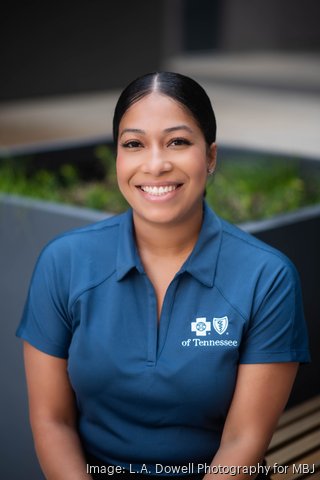
Britni Burnette
Provider program specialist, Blue of Tennessee BlueCross BlueShield of Tennessee
Britni Burnette’s focus is always on the people she serves: She works to enhance Memphis residents’ experiences, ensuring community commitments are met.
“I’m able to utilize my leadership skills, as well as my organization and project planning skills, to help improve quality of care while building relationships,” Burnette said.
About those relationships, Burnette’s advice to anyone considering the health care field is to advance their education and join professional organizations to help build networks.
She notes that one of the common misconceptions about health care careers is that you must have clinical experience, when in fact, there are many administrative roles that don’t require a clinical background.
If this problem-solver could change anything about her field, she’d develop new approaches to care delivery for older adults.
“Many seniors aren’t able to drive themselves and have trouble finding transportation for appointments and resources, so I’d expand telehealth and in-home hospital services,” she said.
Why did you decide to go into the health care field? I chose health care administration as my career field because I wanted to help improve problem-solving processes and conflicts in a health care setting.
Before my father passed away in 2016, I spent countless hours with him in the hospital, observing and asking questions to the entire medical staff about his care. He battled with cancer for years, and the more time I spent in the hospital, the more intrigued I became with learning and understanding the health care system as a whole.
The health care field is always changing and evolving, which means there will always be exciting new challenges as well.
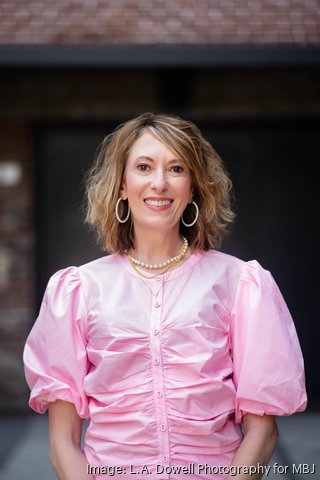
Jennifer Coleman
Outpatient marketing coordinator, Baptist Women’s Health Center, Baptist Memorial Health Care
Jennifer Coleman is hitting the road. Her typical day involves heading out on the mobile mammography [unit] in disadvantaged and underserved areas to screen uninsured/underinsured women. Since its first mobile unit started in the 1990s, Baptist Memorial Health Care has served tens of thousands of women.
“Early detection is so important,” Coleman stressed.
She also works to dispel misconceptions and myths about breast cancer outcomes by providing education about resources and Baptist’s services.
Coleman especially loves being around so many different women and helping them get the care they deserve.
“I love fighting for women to ensure that they receive the best care possible,” Coleman said. “My wish is that anyone in need of health care be able to receive quality care when and where they need it.”
What are ways in which you give back to your profession? I am a member of the Memphis Breast Cancer Consortium and participate in LIVE. I plan events for breast cancer survivors and women going through cancer treatment. Blossom Within and Pink on Parade are quarterly/annual events that honor women and a way to bring to joy to patients/survivors.
What is a memorable or career-defining moment you have had? The mobile [unit] was present at one of our survivor patient’s businesses, and a group of survivors attended and were successful in encouraging several hesitant women to get mammograms. Watching survivors join the fight against breast cancer is inspiring and makes a significant impact on getting women who have refused mammograms in the past, to follow through.

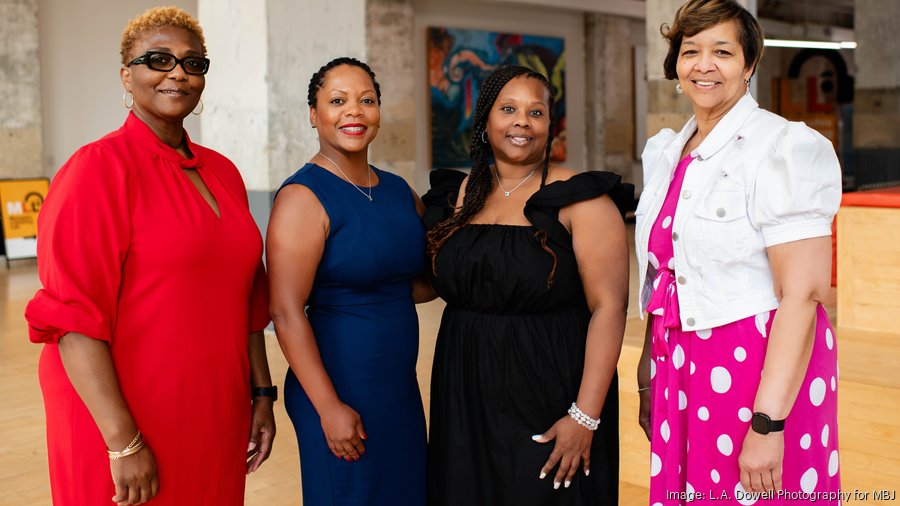
St. Jude-Methodist Sickle Cell Disease Transition Center
St. Jude Children’s Research Hospital and Methodist Le Bonheur Healthcare
The Sickle Cell Disease Transition Center is a specialized clinic that allows for sustained quality care for patients at St. Jude Children’s Research Hospital as they become adults. St. Jude sees about 850 sickle cell patients annually. The center begins working with them when they are 12 years old, arming them with the education, skills, and planning they’ll need when the time comes for them to be seen by hematologists at an adult care center.
“One of the highest risks of mortality among sickle cell individuals occurs during this transition period, as their medical care sometimes falls to the wayside,” said Dr. Yogindra Persaud, a hematologist with St. Jude. “This clinic allows us to establish a better continuity of care for our sickle cell patients as they ‘graduate’ and move to the adult centers. It allows for a smooth transition between the pediatric centers and the adult centers.”
The center started as a “mustard seed of an idea” by St. Jude sickle cell specialist Dr. Jane Hankins. Many patients with the disease become overwhelmed with treatment options once they age out of pediatric care. Some patients may not understand the decisions they need to make, which can affect their treatment and may cause them to abandon care.
“Dr. Hankins recognized this deficit and partnered with Methodist to continue caring for these patients beyond St. Jude and until they became comfortable with their adult providers,” Persaud said. “She partnered with St. Jude transition nurse coordinator Sheila Anderson, [Methodist’s] Dr. Kenneth Ataga, Dr. Curtis Owens, Dr. Marquita Nelson, and [UTHSC’s] Dr. Ugochi Ogu to help with the care.”
Through the work, patients are guided to understand their disease and empowered to improve their own care.
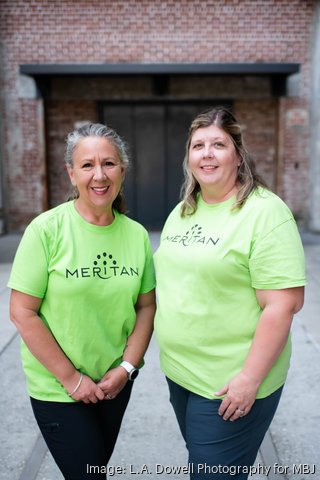
Homebound vaccination program
Meritan Inc.
The mission of Meritan’s Homebound vaccination program is to vaccinate vulnerable people who can’t leave home against Covid-19, helping ensure the ongoing health and safety of that high-risk population.
Meritan teams secured funding to help with costs (the service is free for patients); promoted the program; identified and trained staff extensively; received approval as a pandemic vaccination provider; and collaborated with the state health department, local health, and aging programs.
Working with the Tennessee Association for Home Care, their efforts paid off for statewide funding through the Tennessee Commission on Aging and Disability and the Tennessee Department of Health.
“I was volunteering at the Pipkin Building doing Covid vaccines. It was cold, snowing, and a long wait,” explained Melanie Keller, president of Meritan. “I vaccinated an older adult who had to be transported by ambulance. She was bedbound, and her daughter paid for the non-emergent transportation. I thought about the seniors and severely disabled people our agency serves. How high risk they are, and how challenging it is to get to a vaccination site. Not to mention [that] most could not afford a private ambulance. I knew there had to be a better way. … I realized during this time this population was forgotten.
“I took the idea and worked with Liz Dayton,” Keller continued. “We set up the entire program, and we covered the four-county area of Tipton, Shelby, Fayette, and Lauderdale Counties. We even went as far as Jackson, Tennessee, when there was a need. We were the first to do this in Tennessee and the second in the nation.”
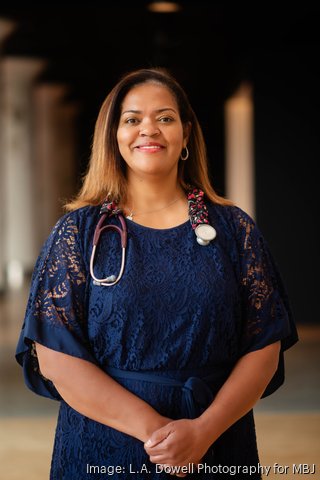
Dr. Gina Williams
Associate medical director, UnitedHealthcare Community Plan of Tennessee
At the spry age of 5, Dr. Gina Williams knew exactly what she wanted to do when she grew up: to become a doctor, because “doctors are healers.” Now, as a pediatrician and internist, she said it’s a privilege and honor to help people across the age spectrum.
“I decided to work in Medicaid managed care because I felt I could positively impact the health care and quality of life for thousands of people every day who are typically marginalized and under-resourced,” Williams said.
She especially loves learning people’s life experiences and finding out how her managed care organization — UnitedHealthcare’s Community Plan for TennCare — can help them have healthy outcomes and an improved quality of life.
Through the UnitedHealthcare Community Catalyst initiative, Williams works with the Memphis Housing Authority, The Works, MIFA, and local Federally Qualified Health Centers to help address food insecurity in impoverished ZIP codes in Shelby County.
She also served as board chair of the Common Table Health Alliance, which was formed to tackle health inequality.
One thing she’d change about the field is cost of care.
“If I could keep people from having strife and financial devastation over medical expenses, I’d feel like I had achieved the ultimate ‘win,’” Williams said.
What is a memorable or career-defining moment you have had? Leading an adult sickle cell care team at the University of Chicago. That experience taught me about the need to advocate for people who are marginalized and very ill from complex medical conditions; to consider the business and financial aspects of health care; and to determine how to be more fiscally responsible while providing care to medically complex individuals.
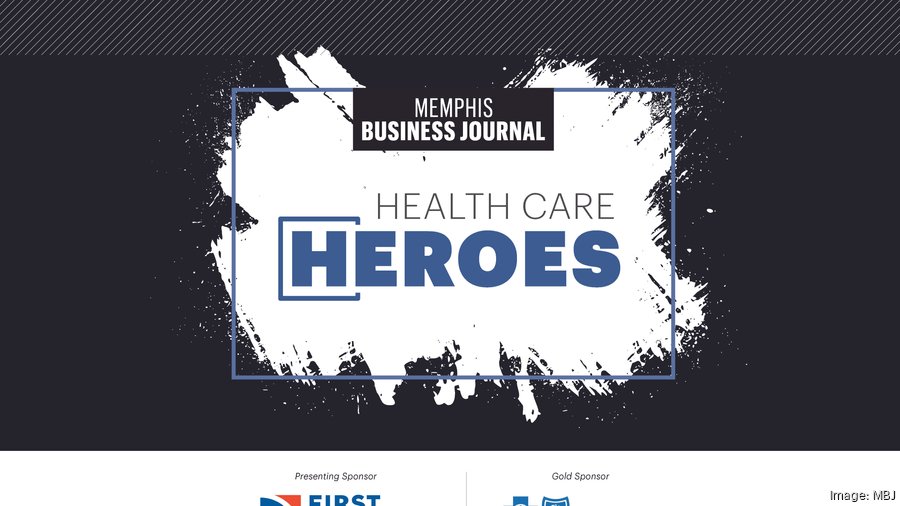






Finalists for MBJ's 2023 Health Care Heroes awards